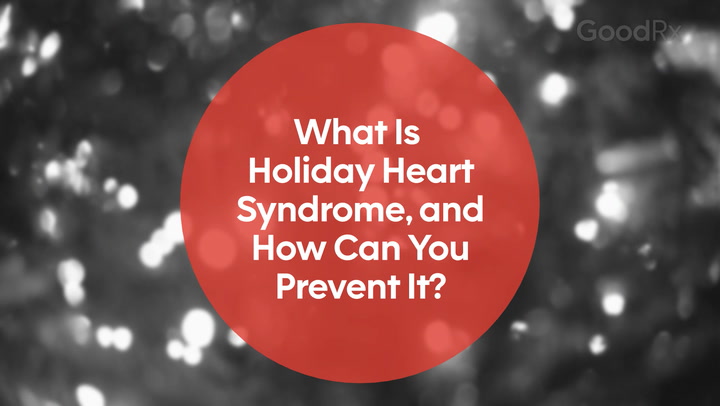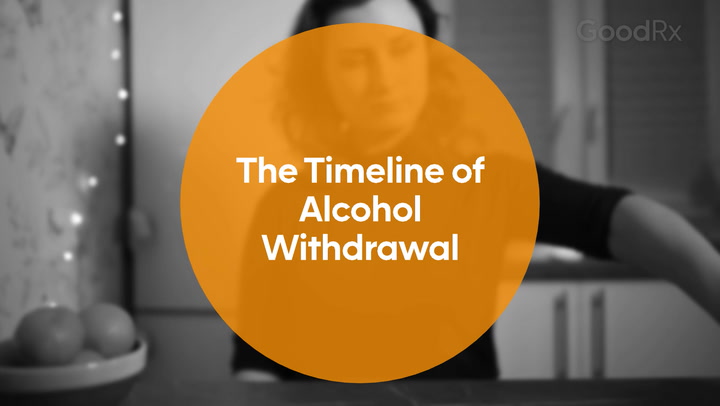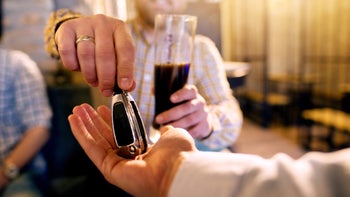
Why Does Alcohol Make You Emotional the Next Day?
Key takeaways:
Alcohol disrupts your normal brain chemistry, which can make you feel really happy, relaxed, and confident for a time.
When you are done drinking, you could experience a number of uncomfortable physical and mental effects, including sadness, irritability, and sleepiness.
By taking steps to drink responsibly, care for yourself, and avoid negative coping skills, you can reduce the risks linked to alcohol.

Even though it is widely used to celebrate and feel good, alcohol has the power to negatively influence your life. It affects your thoughts, feelings, and behaviors while you’re drinking. It can also make you feel bad the next day.
Keep reading to learn more about the emotional impact of alcohol and what you can do to decrease its unwanted effects.
What does alcohol do to the brain?
Alcohol activates a complex reward system in the brain. Your brain feels good when you drink, so it wants you to repeat the action often.
Search and compare options
When you start drinking, the alcohol travels from your stomach and intestine to your blood and brain. In the brain, it begins to interact with brain chemicals related to your mood and energy levels.
Alcohol can mimic a chemical that slows your brain messaging down. It can also limit another chemical that can speed you up.
In small amounts, the alcohol can make you feel calm, confident, and relaxed.
Can a hangover affect your mood the next day after drinking?
Even a few drinks can make you feel bad the next day. Usually, the more you drink, the worse you will feel.
Having a hangover is the major side effect of drinking. Hangovers are a set of uncomfortable and distressing symptoms that follow a period of drinking. Hangover symptoms include:
Feeling achy and weak
Diarrhea and nausea
High blood pressure and quick heart rate
Poor concentration and sensitivity to light and sound
Read more like this
Explore these related articles, suggested for readers like you.
Hangovers are bad for all parts of your body and mind. They make you physically ill, and they can negatively influence your mental health, including your moods.
What causes a hangover?
Alcohol produces many changes in the body. Some changes that trigger a hangover are:
Dehydration
Inflammation of your immune system
Irritation of your stomach
Low blood sugar
Blood vessel expansion
Hangovers tend to begin when your blood alcohol content (BAC) returns to normal. On average, hangovers last for about 24 hours.
What are the mental and emotional side effects after a night of drinking alcohol?
Of course, alcohol does not only harm your physical health. It harms your mental health as well. After drinking, you could feel:
Worried, anxious or panicky
Sad and depressed
Irritable and angry
Annoyed and frustrated
Disappointed with yourself or others
Shameful and guilty
People with preexisting mental health disorders may notice that their mental health symptoms worsen when they drink alcohol.
Alcohol is a depressant. Is that why I feel depressed the next day?
Alcohol is a depressant, but not because it makes you feel depressed. A depressant is a substance that slows down the chemical messengers in your brain.
This depressant effect is what causes you to feel drowsy and distracted. For some people, alcohol can also make them feel moody, depressed, or irritable.
Why does alcohol make you emotional the next day?
Alcohol has a major impact on your emotional state the next day. It is not just one source for the change, though. Alcohol impacts your mood in various ways.
Alcohol affects your brain chemicals
When you’re drinking, your brain chemicals are acting in abnormal ways to make you feel content and happy. But when you stop, they can struggle to return to normal.
When you stop drinking, two effects of alcohol on your brain happen:
Your brain will come to expect these high chemical levels. Without the alcohol, your system will be out of balance. You will feel like something is missing.
Your brain becomes fatigued from the high chemical production. Instead of returning to previous levels, chemical production will be lower than normal.
Due to these chemical differences in the brain, you could feel worse the next day. You could feel more distressed, down, or nervous. But you could be too tired to use helpful coping skills.
Alcohol can affect the way your medications work
You may be taking medications — like antidepressants or anti-anxiety medications — to balance your moods and brain chemicals. But alcohol makes these drugs ineffective. Now, you will be even more influenced by alcohol.
Alcohol affects your sleep, which affects your mood
Many people think alcohol is a sleep aid. In reality, it disrupts your normal sleeping patterns. You may find it easier to get to sleep. But the quality of sleep will not recharge your batteries as needed.
Alcohol will make you wake up more often. It can also worsen the effects of preexisting sleep issues like sleep apnea and insomnia.
After a poor night’s sleep, you can wake up exhausted, irritable, and unable to focus on the day ahead. This state might lead to you being emotional, moody, and frustrated with the world and people around you.
Alcohol affects your impulsivity and judgment
A night of drinking may sound like a fun idea. Too often, though, it results in a series of impulsive or reckless decisions you’d like to undo.
When you are drinking you could:
Spend too much money
Miss work
Get in a fight with loved ones
Commit a crime and get arrested
Overeat unhealthy foods
Have risky sex
When you sober up to the reality of the situation, your emotions will shift. You could feel emotions that range from shock and disbelief to regret and shame. Added to a bad night’s sleep, sluggish reasoning, and moodiness, you can see how drinking too much can affect your emotions.
How can you improve your emotions after drinking?
Once the unwanted effects of alcohol kick in, people want to know how to get rid of them. Using some healthy coping skills and avoiding the negative ones can do a lot of good.
What’s the ‘hair of the dog,’ and is it a bad idea?
“Hair of the dog” is the idea that drinking more of what you had the night before will take away your hangover symptoms. Although it is a common belief, it doesn’t really work.
In the short-term, it could make you feel better. In the long-term, it only extends the symptoms of a hangover.
Drinking more restarts the effects of alcohol in the body and the brain. You are only delaying the discomfort of alcohol withdrawal and getting sober.
What is the healthiest cure for a hangover?
Unfortunately, there is no magical way to feel better after a hangover. Time, rest, and a commitment to drinking less will make the biggest difference.
If you are trying to minimize a hangover and the emotional instability that comes with alcohol, try to:
Sip water, fruit juice, or sports drinks
Eat something plain or bland
Stay distracted and entertained
Get plenty of sleep
Pain relievers, like aspirin and ibuprofen, may be hard on the liver. Check with your doctor before using these too regularly.
The bottom line
Alcohol disrupts your mood in many significant ways, both directly and indirectly. It shifts your brain chemicals, your sleep patterns, and your decision-making to leave you in an emotional state the next day. If you’re going to drink, drink responsibly. But if drinking ends with too many problems, consider healthier options.
If you or someone you know struggles with substance use, help is available. Call SAMHSA’s National Helpline at 1-800-662-HELP (4357) to learn about resources in your area.
Why trust our experts?


References
Australian Government: Department of Health. (2021). What are the effects of alcohol?
BetterHealth Channel. (2020). How alcohol affects your body.
National Institute on Alcohol Abuse and Alcoholism. (2021). Hangovers.
Substance Abuse and Mental Health Services Administration. (2022). SAMHSA’s National Helpline.
The Scripps Research Institute. (2002). The effects of alcohol on the brain.
Valenzuela, C. F. (1997). Alcohol and neurotransmitter interactions. Alcohol Health and Research World.




























